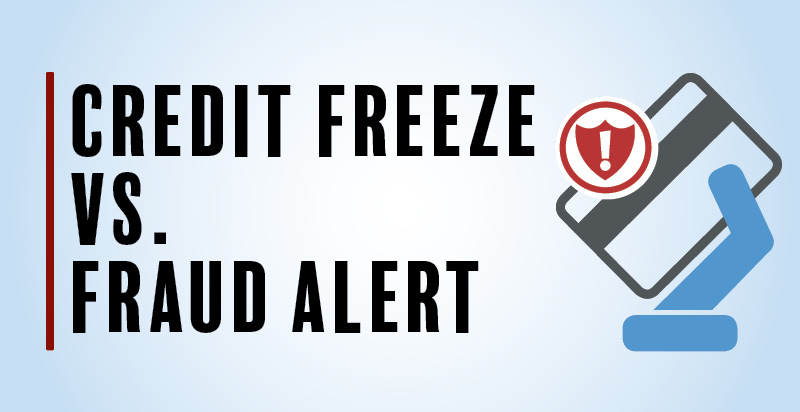This information is specific to consumers in the state of Pennsylvania. Information regarding other state laws related to fraud alerts or credit freezes can be found on any of the three credit reporting agencies’ websites.
In the wake of September’s Equifax breach, 143 million Americans’ identities have been compromised. With so much information in the news about identity theft, it’s sometimes hard to figure out the best way to protect your accounts and sensitive information.
Before you take any action, check your credit report with each of the three credit report agencies: Experian, Transunion and Equifax. Once a year, consumers can access their reports for free from each of the agencies. It’s not recommended to pull your credit excessively as this can adversely affect your credit score.
If you’re concerned about whether your information has been affected, you have several options for how to protect your identity. Some credit card mobile apps allow you to receive alerts when there are inquiries on your credit report which can be an indicator of suspicious activity. The most common ways to protect your sensitive information are credit freezes and fraud alerts. Both offer benefits and potential concerns depending on your financial situation and lifestyle.
If you’d like more information about the Equifax data breach and how to check if your information was compromised, read our blog on the Equifax data breach.
Know the Facts: Fraud Alert
A fraud alert requires potential lenders to take extra precautions to verify your identity when you apply for credit. This usually means an in-person meeting or a phone call. Anyone, regardless of whether or not they’ve been a victim of identity theft, can place a fraud alert. They initially last 90 days and can be renewed indefinitely. You only need to contact one of the three credit reporting agencies; they are required by law to report to the other agencies and extend the alert.
Fraud Alerts are ideal for individuals who still need immediate access to credit, such as when purchasing a home, getting a car loan or applying for a new credit card. On occasion, fraudsters can outsmart the alert. For extra protection, consider a credit freeze.
Know the Facts: Credit Freeze
Credit Freezes can offer more than just an alert when your credit is accessed, they deny access to your credit report until you “unfreeze” it. Current creditors will still have access to your report and special access can be given to companies that need to view your credit. Credit freezes can make it difficult to get quick access to credit in an emergency and will remain in effect for seven years unless you lift them. As always, it’s important to evaluate your financial situation and your need to access credit.
Each reporting agency has their own fees for placing a freeze on your credit report. If you are a victim of identity theft and submit a valid police report the fee can be waived. If you are 65 years of age or older, the fee can also be waived.
Where should I turn?
At Traditions Bank, we pride ourselves on giving special care and attention to our customers during stressful situations like potential identity theft. Our Associates can provide financial counseling and advice suited to your situation.
If you’re planning to apply for a mortgage in the near future, contact a member of our Mortgage Team before contacting the bureaus to freeze your credit or place an alert. They can help find the best solution to protect your information while helping you through the home buying process.
